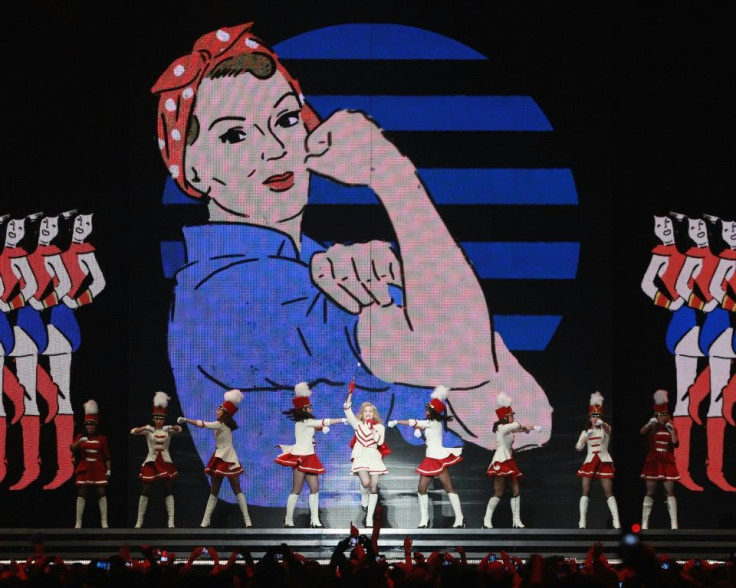Warner Music Surges In Nasdaq Debut After IPO Raises $1.9 Bln
Warner Music Group, one of the globe's "big three" recording companies, jumped in its market debut Wednesday after raising more than $1.9 billion in an initial public offering that underscores how streaming has reinvigorated the industry.
Trading under the "WMG" ticker on the Nasdaq, Warner Music finished with a gain 20.5 percent at $30.12, up from its $25 IPO price.
The company increased the offering to 77 million shares from the 70 million initially envisioned, making it the biggest IPO of 2020.
The Wall Street unveiling represents yet another chapter for a company with a storied history in the recording industry, a sector that has taken its knocks, most recently from the coronavirus, which has obliterated live entertainment.
The outbreak also delayed the company's IPO, which originally was scheduled for February.
However, Tuesday's offering -- the biggest of the year, according to Renaissance Capital -- reflects how streaming music has revived an industry and also comes amid a decisive upswing in the broader stock market.
Access Industries, a group of investors headed by billionaire Len Blavatnik, which acquired Warner Music for $3.3 billion in 2011, will retain its majority stake in the company.
Warner is the home of artists such as Cardi B and Ed Sheeran, and holds the lucrative back catalogues from the likes of Madonna.
It also owns and operates some of the globe's most successful labels, including Atlantic Records, Elektra Records, Warner Records and Parlophone.
The company is riding the streaming wave, a major revenue source for record companies and publishers even as artists complain of measly royalties.
Warner Music in April saw a 12 percent jump in streaming revenue.
Digital revenues accounted for more than half of the company's 2019 revenues of $4.5 billion, with streaming taking the biggest share of that.

Film mogul Jack Warner founded the Music Publishers Holding Company to provide cheap access to music for his films in 1929.
But it was not until 1957 when the film studio's clean-cut heartthrob Tab Hunter jumped onto the top music charts with the hit "Young Love" that the company decided to establish an official music arm: Warner Bros. Records.
In 1963 the company acquired Reprise Records, a label founded by Frank Sinatra who desired more control over his music.
The company in the 1960s nabbed the storied Atlantic Records -- a top brand famous for producing landmark soul recordings of Aretha Franklin and Otis Redding -- after Seven Arts Productions purchased Warner Bros in 1967.
But the company, which later added the Doors, the Talking Heads and other top names, suffered a number of controversies in the 1990s, including a public spar with Prince over artistic freedom as well as fury over the song "Cop Killer" from the heavy metal/rap group Body Count, led by Ice-T, widely denounced including by then-president George W. Bush.
Internal power struggles also marred the label with a number of major executive departures, leading to spats including a lawsuit from Metallica over the shake-up.
The company dropped Interscope, the label behind the "Cop Killer" controversy that also saw disputes with Snoop Dogg and Dr. Dre.
It was a boon for rivals: Interscope was scooped up by rival MCA Inc -- now known as Universal Music Group, today the largest record company in the world.
Suffering after the dot-com crash and a CD price fixing scandal, Time Warner spun off Warner Music Group in 2004 to a group of investors for $2.6 billion. It went private in 2011 after the Blavatnik conglomerate's purchase.
© Copyright AFP 2024. All rights reserved.




















